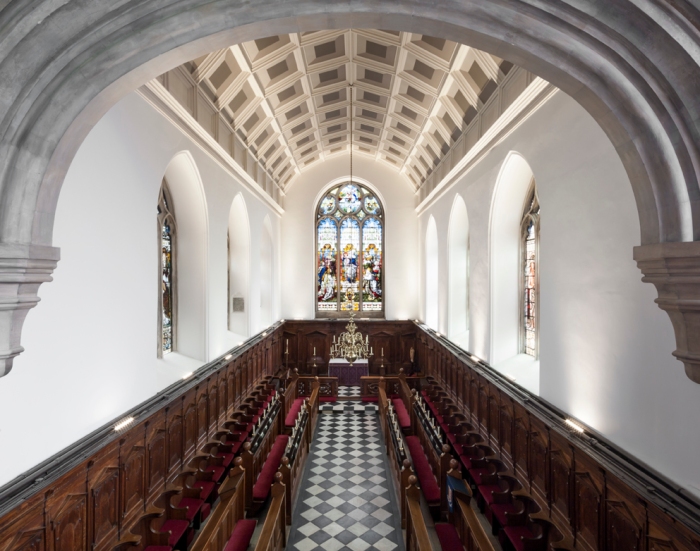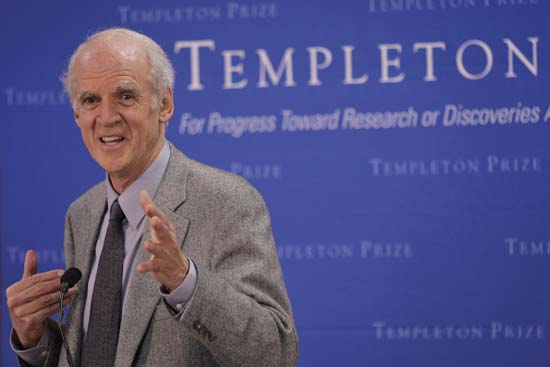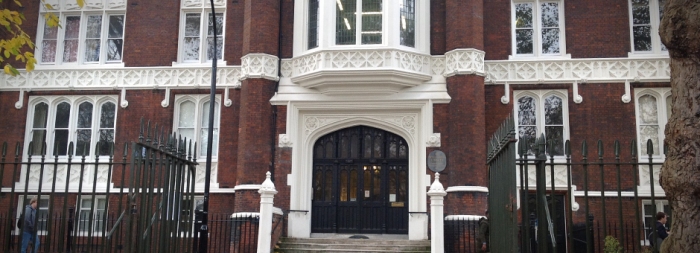
Our Primary Investigator Candace Vogler recently returned as a delegate to the sixth annual conference of the Jubilee Centre for Character and Virtues, “Virtues in the Public Sphere,” held at Oriel College, Oxford UK January 4-6, 2018. Several of our scholars spoke at the conference, including Talbot Brewer, David Carr, John Haldane, and Nancy Snow. Below is a brief summary of the conference and its purpose that appeared on the conference site; in the next few blog post, we will present abstracts of the talks given by our scholars at the event.
In recent years, we have witnessed increased polarisation, not only between, but within societies, and the breakdown of civic friendships, in particular as a result of ‘political earthquakes’ that have hit both sides of the Atlantic. Questions have emerged about the relationship between public and private virtues. Do ‘sinners’ perhaps make better politicians than ‘saints’ – and are certain private vices, such as duplicity, necessary in order for the public sphere to function?
The main aim of this conference was to explore the role of virtues in the public sphere. Is there a virtue of ‘civic friendship’ and how can it be cultivated? Is the language of virtue apt for carving out a discursive path between illiberal radicalism and post-truth relativism? More specifically, does the language of virtue indicate an ethical and political approach that calls into question both extreme illiberal and liberal habits of mind – or does it carry an individualistic and moralistic bias that makes it inapplicable to political disagreements? What are the virtues of a ‘good’ politician or civil servant? Should we care whether a skilled diplomat or surgeon is also a good person? Can virtue be ascribed to collectives and institutions such as universities and schools and, if yes, what would, for example, a ‘virtuous school’ look like? Are character education and civic education comrades or competitors? What is the relationship between an ethos of good character in a school and the ethos of the neighbouring community? How, if at all, does virtue guide civic engagement and a pedagogy towards the public good? How do public virtues inform a social ethos of moral responsibility? And, at the most general level, what does it mean to talk about the ‘politics of virtue’?
The aim of the 2018 Jubilee Centre annual conference was to bring together experts from a range of disciplines to explore those questions and many more.
The London Oratory School Schola Cantorum performed in the Oriel College Chapel on the evening of 4th January.
The Jubilee Centre Conference site can be found here:
http://jubileecentre.ac.uk/1723/conferences/virtues-in-the-public-sphere
The Conference Programme and the Oratory School Schola concert programme are accessible by clicking the links below:
Conference Programme: http://jubileecentre.ac.uk/userfiles/jubileecentre/pdf/conference-papers/Virtues_in_the_public_sphere/Virtues_in_the_Public_Sphere_Programme.pdf
Concert Programme: http://jubileecentre.ac.uk/userfiles/jubileecentre/pdf/conference-papers/Virtues_in_the_public_sphere/TheLondonOratorySchoolProgramme.pdf
The next Jubilee Centre conference will be “Educating Character Through the Arts,” and will be held at the University of Birmingham Conference Centre, July 19th through July 21st, 2018. The call for abstracts for the conference can be found here:
http://www.jubileecentre.ac.uk/1743/conferences/educating-character-through-the-arts





 We’re thrilled to announce two honors for our co-principal investigator Candace Vogler.
We’re thrilled to announce two honors for our co-principal investigator Candace Vogler.